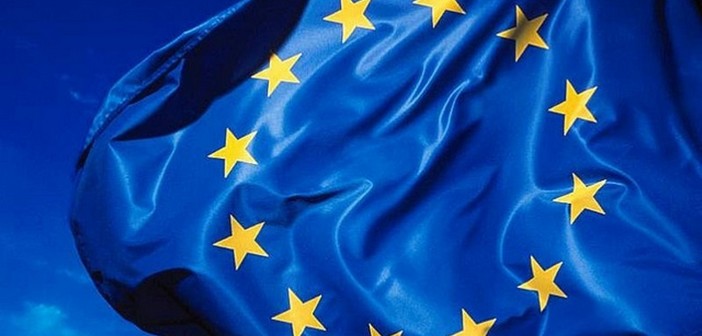According to the European Commission, which published a new report last Friday criticizing companies engaged in tax optimization, the shortfall in VAT for the year 2013 was 168 billion euros.
This is more than the total budget of the European Union, which for the year 2015, amounts to 145 billion euros. France alone loses 14 billion euros per year.
This is therefore a real issue caused by tax fraud and evasion, calculation errors, unpaid taxes, and especially tax optimization carried out by some large groups such as Google, Apple, Facebook, or Amazon or, to stay within France, many companies from the CAC 40.
The techniques to pay less VAT (Value Added Tax) are numerous and well-known among large companies. While some are illegal, like simple fraud, others are legal, and that is precisely the problem: in such cases, the tax authorities cannot do anything. Given the shortfall figures for VAT in 2013 in Europe, the relentless fight of governments against tax optimization is understandable.
Although France fares better than other countries like Italy, which is the primary victim with 47.5 billion euros less than expected in 2013, almost one-third of the total, or Germany (which recorded a loss of 24.8 billion euros in 2013), the shortfall remains enormous: 14 billion euros according to the European Commission.
If all VAT were correctly collected, it would take only four years for France to reach its deficit reduction target of 50 billion euros… without even reducing a single expense.
The good students of the European Union are the northern countries: Finland, Sweden, and the Netherlands have a gap between estimated VAT and actually collected VAT of only 4%. They should be taken as an example.
In any case, Pierre Moscovici, the European Commissioner in charge of taxation, highlighted the problem by commenting on these figures: “This study once again highlights the need for more profound reforms of the VAT collection systems within the EU.”
How? That remains a mystery…
By the way, when do we take action?


